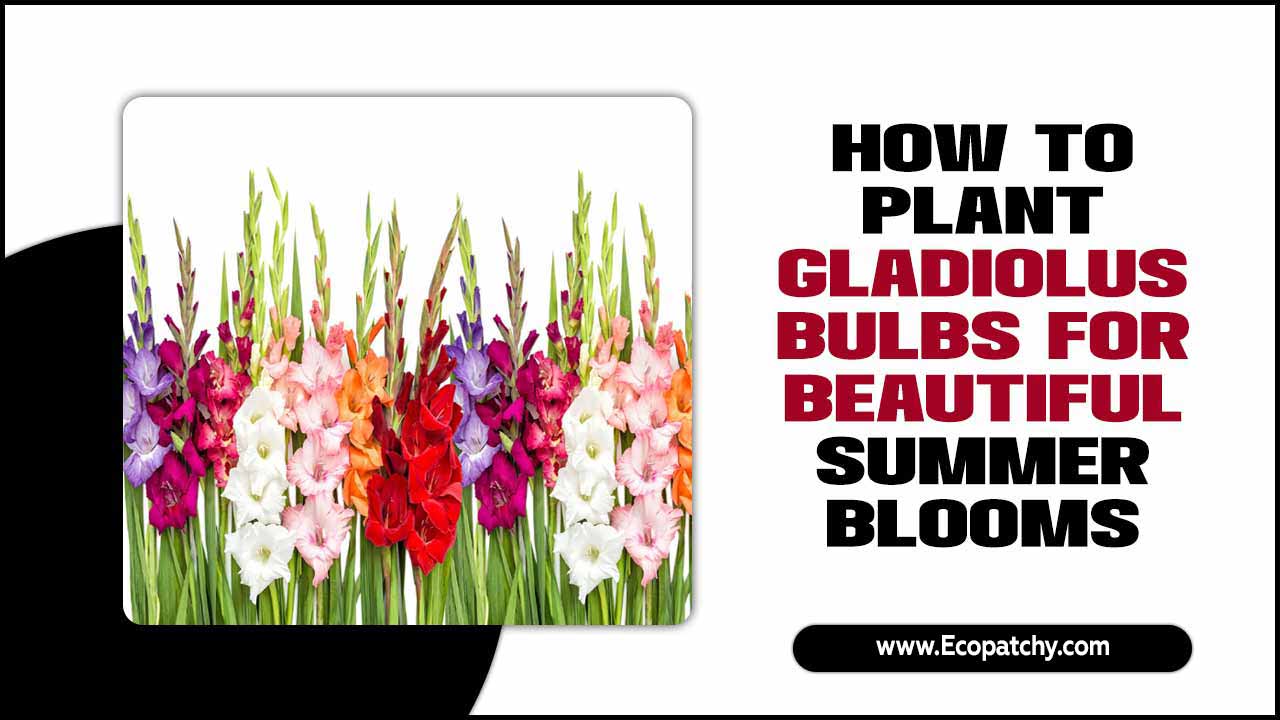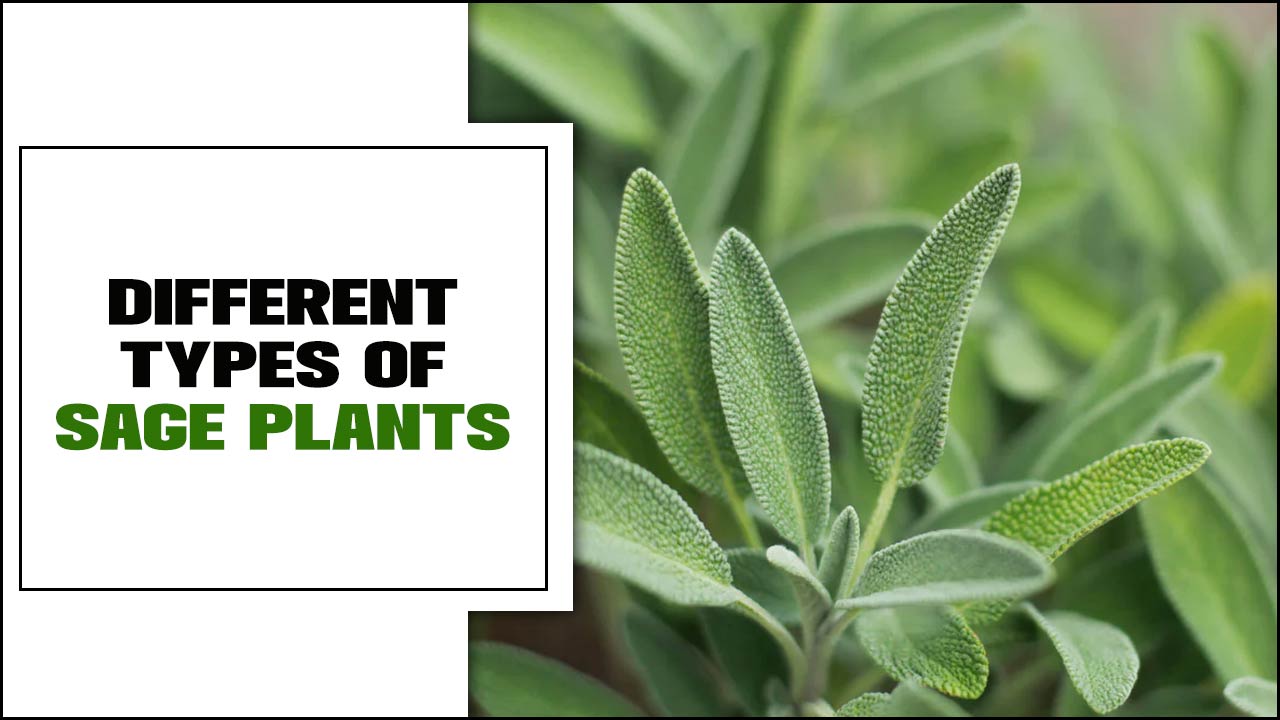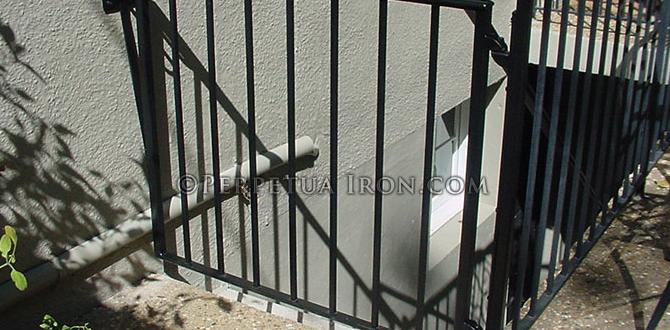Have you ever wondered if ducks can help your garden? Imagine wandering outside and seeing happy ducks waddling between the plants. They might look cute, but they do more than just add charm. Are ducks good for gardens? You’re about to find out!
In many places, ducks roam freely, munching on pesky bugs and munching on weeds. They can even help with pest control, which means fewer chemicals for you. Did you know ducks have been gardening buddies for centuries? Farmers have used them to keep gardens healthy for generations.
In this article, we will explore how ducks can turn your garden into a thriving paradise. They provide natural fertilizer and fun companionship. Ready to dig deeper into the world of ducks in gardens?
Are Ducks Good For Gardens? Discover Their Benefits! Ducks Can Be A Great Addition To Your Garden Environment. These Delightful Birds Bring With Them Various Benefits That Can Enhance The Health And Productivity Of Your Outdoor Space. Here’S A Look At How Ducks Can Contribute Positively To Garden Ecosystems, Including Pest Control, Natural Fertilization, And Companionship. Pest Control Ducks Are Known For Their Love Of Foraging, And They Can Play A Significant Role In Pest Control Within Your Garden. They Enjoy Eating Slugs, Snails, And Various Insects That Can Damage Plants. By Allowing Ducks To Roam In Your Garden, You Can Significantly Reduce The Need For Chemical Pesticides, Promoting A More Organic Approach To Gardening. Natural Fertilization Ducks Produce Nutrient-Rich Manure That Can Serve As An Excellent Organic Fertilizer For Your Garden. Their Droppings Are High In Nitrogen, Which Is Beneficial For Plant Growth. When Properly Composted, Duck Manure Can Enhance Soil Quality, Promoting Healthy Plant Development While Reducing The Need For Chemical Fertilizers. Soil Aeration As Ducks Wander Around Your Garden, They Naturally Aerate The Soil. Their Movements And Foraging Behavior Help To Break Up Compacted Soil, Allowing For Better Root Growth And Improved Water Drainage. This Natural Aeration Can Enhance The Overall Health Of Your Garden, Making It A More Productive Space For Plants. Weed Management Ducks Are Not Particularly Fond Of Traditional Weeds But Will Eat Young Weeds And Seedlings. By Introducing Ducks To Your Gardening Routine, They Can Help Manage Weed Growth In A Natural Way Without The Need For Herbicides, Which Can Be Harmful To The Ecosystem. Companionship And Enjoyment Beyond Their Practical Benefits, Ducks Can Add A Charming Dynamics To Your Garden. They Are Sociable Creatures That Can Bring Joy And Tranquility To Outdoor Spaces. Watching Them Swim, Forage, And Interact Can Provide A Delightful Experience, Making Your Garden Not Just A Work Area But A Perfect Retreat. Considerations While Ducks Can Be Great For Gardens, It Is Essential To Take A Few Factors Into Account. They Require Proper Shelter, Access To Water, And Need To Be Securely Contained To Prevent Them From Wandering Off Or Becoming Prey For Other Animals. Additionally, While They Aid In Pest Control, They Can Also Nibble On Young Plants, So It Is Wise To Supervise Their Activities In The Garden. Conclusion In Conclusion, Yes, Ducks Can Indeed Be Good For Gardens! They Provide Natural Pest Control, Fertilization, Aeration, And Companionship. If You’Re Considering Adding These Feathered Friends To Your Gardening Team, Ensure You Provide The Right Environment To Help Them Thrive Alongside Your Plants. By Doing So, You’Ll Create A Vibrant, Healthy Garden Ecosystem That Benefits Both Plants And Animals Alike.
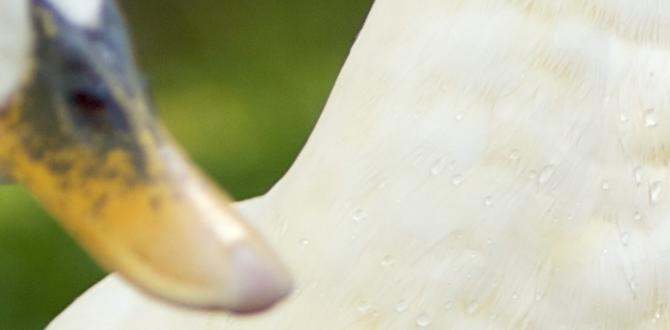
Are Ducks Good for Gardens?
Ducks can be great helpers in gardens. They eat pests like slugs and bugs that harm plants. Imagine a garden where ducks roam freely, providing natural pest control! Additionally, their droppings can nourish the soil, acting like fertilizer. Ducks also love to munch on weeds, keeping your garden tidy. However, they can be noisy and might nibble on your flowers. Would you let ducks join your garden team for a pest-free paradise?Benefits of Ducks in the Garden
Natural pest control methods and their effectiveness. Nutrient contributions from duck droppings.
Ducks bring many benefits to gardens. They love to eat pests like snails and slugs. This natural pest control can keep gardens healthy. Ducks also help improve soil with their droppings. Their waste is rich in nutrients that plants need. This can lead to better growth for vegetables and flowers.
- Natural pest control: Ducks eat harmful insects.
- Nutrient contributions: Duck droppings feed the soil.
Why are ducks effective in gardens?
Ducks can munch on pests and enrich the soil. They create a balance in the garden ecosystem, making it healthier and more productive.
Duck Breeds Suited for Gardening
Ideal duck breeds for garden environments. Characteristics that make certain breeds more beneficial.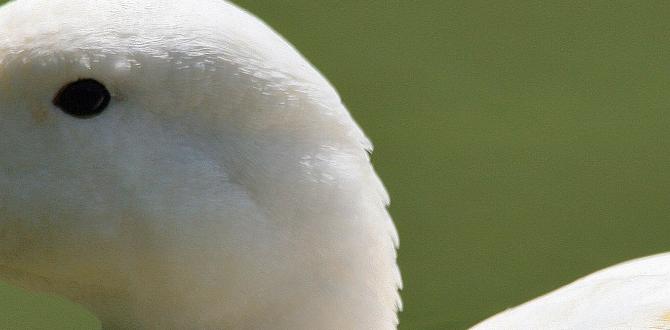
Some duck breeds make great garden buddies. Consider the Peking duck. They’re friendly and love foraging. Their appetite for pests is legendary! Next up is the Khaki Campbell. This breed lays lots of eggs and has a fun personality that brings joy to your garden. Lastly, Indian Runner ducks are known for their quirky waddle and excellent bug-hunting skills. They’ll march through your garden like little soldiers!
| Duck Breed | Characteristics |
|---|---|
| Peking | Friendly and excellent at pest control |
| Khaki Campbell | Lays plenty of eggs, fun-loving |
| Indian Runner | Quirky, great for bug hunting |
How Ducks Help with Soil Health
Impact of duck foraging on soil aeration and structure. The role of ducks in promoting beneficial microorganisms.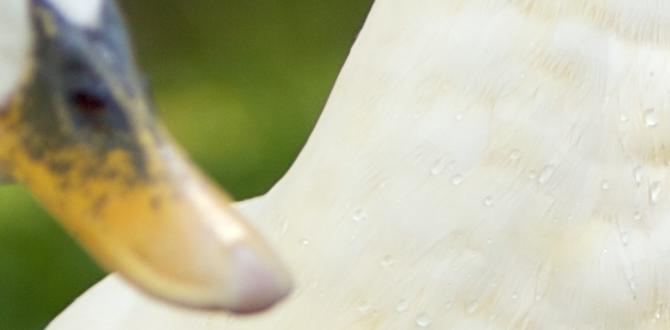
Ducks are nature’s little gardeners! Their foraging habits help improve soil aeration and structure. When ducks scratch the ground, they loosen it up. This makes it easier for roots to grow. Plus, they spread nutrients around like confetti at a party!
But that’s not all! Ducks also help boost beneficial microorganisms in the soil. Their droppings are like a superfood for tiny bugs that keep soil healthy. This means happy plants and a thriving garden. Ducks: the clumsy heroes your garden didn’t know it needed!
| Duck Benefits | Impact |
|---|---|
| Improves Soil Aeration | Loosens soil for better root growth |
| Promotes Microorganisms | Boosts healthy pest control |
Creating a Duck-Friendly Garden Environment
Essential garden layout considerations for integrating ducks. Required shelter and water sources for ducks.
To create a garden that ducks will love, think carefully about the layout. Ducks enjoy roaming and foraging. So, make wide paths where they can walk freely. Plant soft grasses and edible flowers for tasty snacks. They also need shelter. Provide a small house or a shady spot where they can rest safely. Water sources are key too! Ducks are happy near ponds or kiddie pools for swimming. Here are some must-haves:
- Spacious paths for easy movement
- Soft grasses and edible plants
- A cozy shelter for resting
- Water sources for swimming
What do ducks need in a garden?
Ducks need space to roam and forage. They also need shelter to stay safe and water sources for swimming. These features create a friendly garden environment.
Pest Management Strategies Incorporating Ducks
Types of pests ducks effectively control. Best practices for using ducks in an integrated pest management system.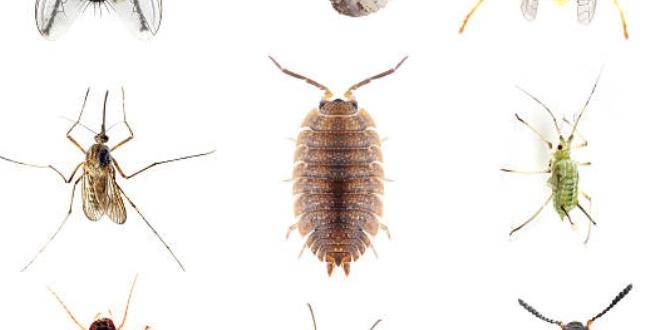
Ducks make great little helpers in the garden! They love munching on pesky pests like slugs, snails, and some bugs. These feathered friends can devour these munchers while adding some fun antics to your gardening routine. For best results, keep ducks in a safe area. Rotate them to different spots, letting them enjoy some new plants. This can create a lively pest management team. Just remember, ducks might think your veggies are a tasty buffet, too!
| Pests Ducks Control | Best Practices |
|---|---|
| Slugs | Rotate feeding zones |
| Snails | Limit access to seedlings |
| Certain Bugs | Use a mix of ducks and other methods |
By using ducks wisely, you can enjoy a thriving garden while laughing at their silly waddle!
Challenges of Keeping Ducks in the Garden
Potential drawbacks and maintenance concerns. Considerations for cohabitation with other garden pets.
Keeping ducks in the garden can be fun, but it has some challenges.
Here are a few things to think about:
- Ducks can be messy. They love to splash water everywhere!
- They may eat some of your plants, especially tender shoots.
- If you have other pets, ducks might not get along with them.
- You’ll need to clean their area often to keep it nice.
Make sure to plan carefully before welcoming ducks.
Do ducks get along with other pets?
Not always. Ducks might chase cats or bother dogs. It’s important to introduce them safely.
Best Practices for Duck Care in Garden Settings
Feeding, health care, and management tips for garden ducks. Seasonal considerations for keeping ducks in your garden.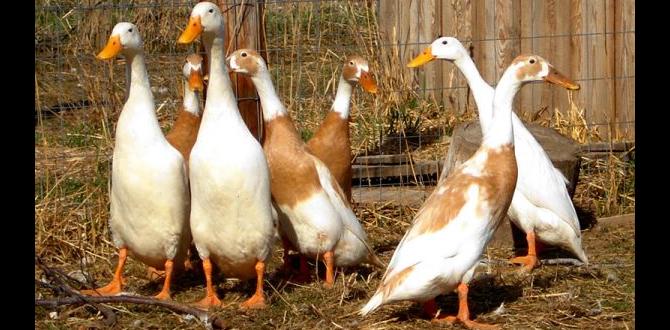
Taking care of ducks in your garden can be easy and fun. First, feed them healthy foods like grains and vegetables. Provide fresh water daily. Keep an eye on their health by checking for any signs of sickness. Management tips include creating shelter for protection and brushing their feathers to keep them clean.
Seasons matter too! In winter, ensure they stay warm. In summer, provide shade and cool water. Ducks love to dig and forage, so a safe garden space will keep them happy!
What should I feed ducks in my garden?
Feed ducks grains, vegetables, and insects. They enjoy greens like lettuce too!Quick Care Tips:
- Provide fresh water daily.
- Ensure shelter from bad weather.
- Check for health signs regularly.
Regulations and Responsibilities of Duck Ownership
Local laws and regulations regarding keeping ducks. Ethical considerations and responsibilities for duck care.
Owning ducks can be fun, but it comes with rules. Many places have local laws about keeping ducks in your yard. Some areas might need a special permit, while others have limits on the number of ducks you can have. It’s like being part of a secret club, but with feathers! Plus, ducks need proper care. Feeding them well and keeping their home clean is a big deal. You wouldn’t want your ducks thinking they live in a mud pit, right?
Here’s a quick look at some important responsibilities:
| Responsibility | Description |
|---|---|
| Feeding | Give them a balanced diet of pellets and greens. |
| Cleaning | Keep their coop tidy to prevent illness. |
| Health Checks | Watch for signs of illness and visit the vet if needed. |
Remember, ducks are not just cute waddlers; they’re also a responsibility!
Conclusion
In summary, ducks can be great for gardens! They eat pests like slugs and snails, helping your plants thrive. Ducks also provide fertilizer as they roam around. If you’re interested, consider adding ducks to your gardening routine. You can learn more about caring for them and how they can benefit your garden by reading guides or talking to local farmers. Happy gardening!FAQs
How Do Ducks Contribute To Pest Control In Gardens?Ducks can help keep gardens healthy by eating pests like slugs, snails, and bugs. When you let ducks roam, they search for food on the ground. This helps reduce the number of pests that can harm your plants. Plus, ducks are fun to watch while they work!
What Plants Or Crops Are Most Suitable For Gardens That Have Ducks?If you have ducks in your garden, you should pick tough plants. Good choices are leafy greens like lettuce and kale. Ducks love to nibble on these. You can also grow herbs like mint and basil. These plants can handle a little pecking!
Are There Any Disadvantages To Having Ducks In A Garden Ecosystem?Yes, there are some disadvantages to having ducks in a garden. Ducks can dig up plants and flowers. They might also eat your vegetables. Plus, their poop can make the garden messy. We need to think about these things before getting ducks.
How Can Ducks Affect Soil Health And Aeration In Garden Beds?Ducks can help our garden soil by digging with their feet. When they walk around, they break up the ground. This makes the soil less hard, which helps air and water reach the plants better. Their poop also adds nutrients to the soil, helping plants grow strong and healthy. Overall, ducks are great for keeping our gardens happy!
What Are The Best Practices For Integrating Ducks Into A Garden Setup?To integrate ducks into your garden, first make sure they have a safe space. You can build a pen for them to keep them secure. Ducks love to eat bugs and weeds, which helps your plants. Always provide clean water for them to drink and swim in. Lastly, check how they interact with other animals to keep everyone happy!



